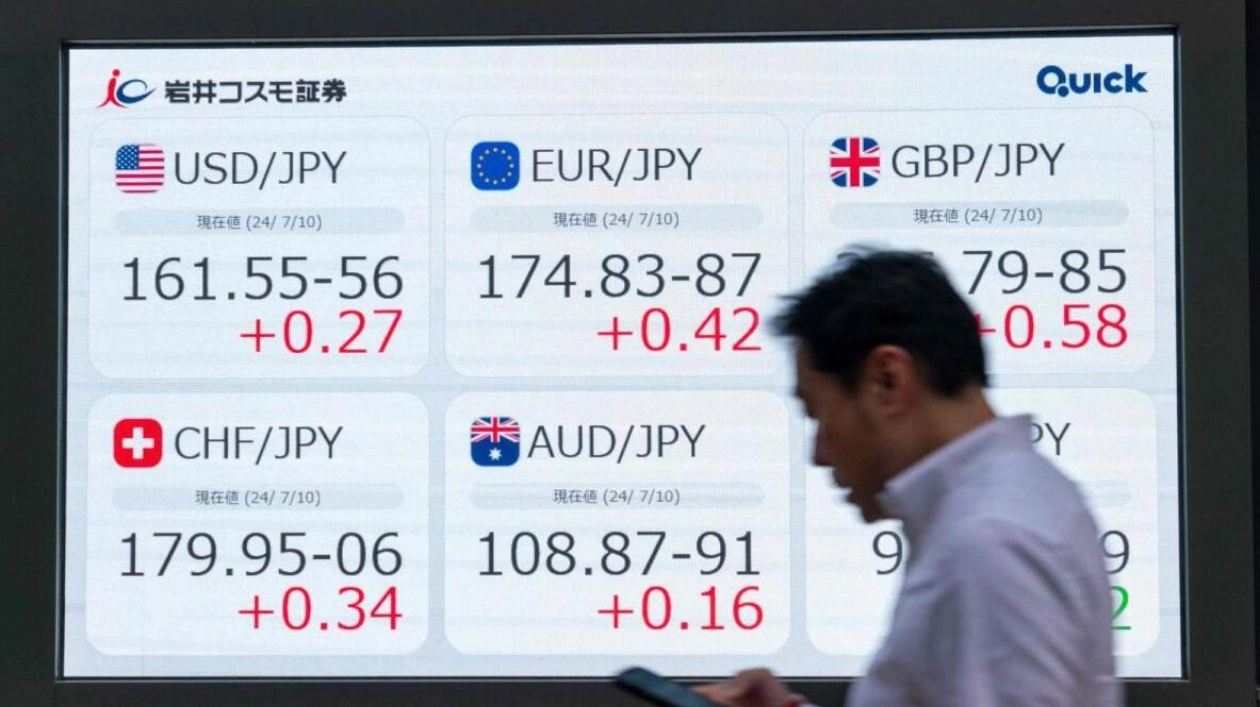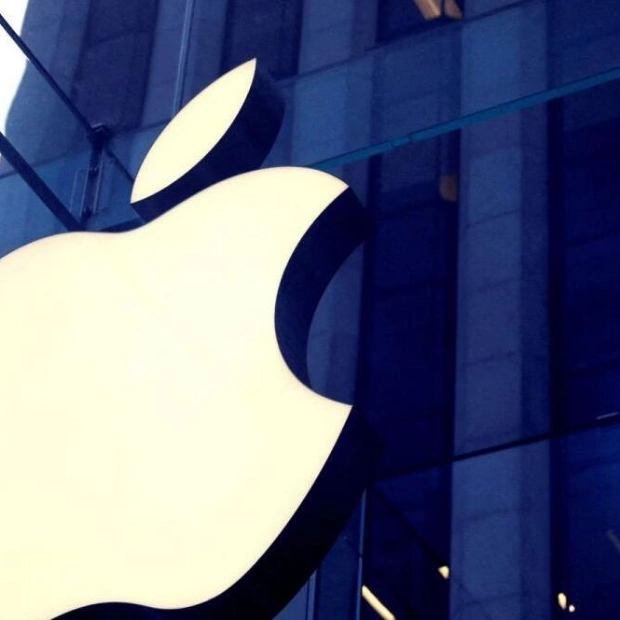On Thursday, the British pound reached a four-month high, climbing 0.12% to $1.2864, its peak since early March, following remarks from Bank of England (BoE) policymakers that led markets to reduce expectations for an August rate cut. The dollar also saw a slight decline ahead of the release of a U.S. inflation report later in the day. BoE policymakers indicated on Wednesday that price pressures were still persistent, with Chief Economist Huw Pill stating that the timing of a rate cut was uncertain, which undermined expectations for an August easing cycle. Jeff Ng, head of Asia macro strategy at SMBC, noted that the BoE's hesitation to cut rates, despite evidence of heightened monetary conditions and unfavorable growth, could lead to a stronger pound in the near term. Ng still anticipates a rate cut this quarter but sees a growing likelihood of the first cut in the fourth quarter.
In the broader currency market, the dollar was under pressure, with the Australian dollar trading 0.16% higher at $0.6758, reaching its strongest level since January at $0.6763 earlier. The euro edged up slightly to $1.0836, while the dollar remained stable against a basket of currencies at 104.91. U.S. inflation data is expected to show a 0.2% monthly increase in core inflation for June, bringing the annual figure to 3.4%. Carol Kong, a currency strategist at Commonwealth Bank of Australia, suggested that a 0.2% rise in core CPI could boost confidence in the Federal Open Market Committee's (FOMC) ability to cut rates soon, potentially pushing the dollar lower.
Markets are now assigning a more than 70% chance of a September rate cut by the Federal Reserve, up from a near-even chance a month ago, according to the CME FedWatch tool. Fed Chair Jerome Powell emphasized that the U.S. central bank will adjust interest rates as needed, distancing the potential September rate cut from being perceived as a political move ahead of the presidential election. Meanwhile, the New Zealand dollar recovered slightly, rising 0.2% to $0.6096, after falling 0.7% in the previous session due to the Reserve Bank of New Zealand's dovish stance. The yen continued to face pressure from significant interest rate differentials between the U.S. and Japan, trading near a 38-year low at 161.67 per dollar.
Japanese private banks have urged the Bank of Japan (BOJ) to halve its monthly bond purchases by around 2026, according to officials with direct knowledge of the discussions. The BOJ is expected to outline a plan for tapering its substantial bond purchases at its upcoming policy meeting on July 30-31, as it moves towards policy normalization.






